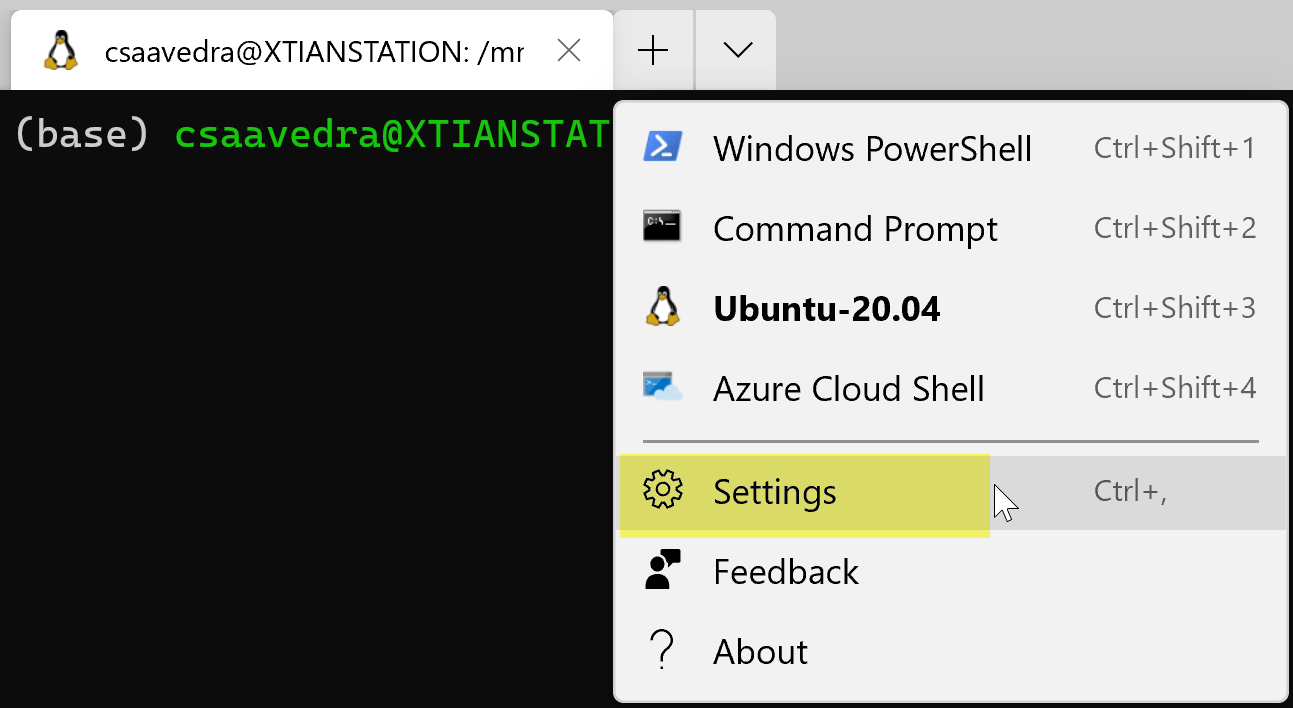
Jupyter-nbextension enable -py -user nglview Jupyter-nbextension enable -py -user widgetsnbextension In some distributions, conda activate instruction doesn't work. Once it's done, let's activate the environment: The creation of the environment will take some minutes.First off, download the tutorial cloning the project in your computer:Ĭonda env create -f conda_env/environment.yml.As an exemple we have taken the Protein MD Setup tutorial: Go to the tutorial and follow the instructions.
INSTALL ANACONDA WINDOWS SUBSYSTEM FOR LINUX INSTALL
If not, follow the next instructions to install it: If you have Git installed (to test it, just type git in your Ubuntu terminal), please skip this step. If it doesn't work, the path must be exported:Įxport PATH=/home/USER/anaconda3/bin:$PATH When the execution is finished, try to execute conda in the Ubuntu terminal window.Once we have execution permissions, let's execute the file and follow the installation instructions:.Now we have the file downloaded but we need to give it execution permissions:Ĭhmod +x Anaconda3-2019.10-Linux-x86_64.sh.Open Ubuntu terminal and download the link copied in the step above:.Then copy the Download Python 3.x version link. Be sure that the Linux tab is selected, because as we are accessing the site from Windows, probably the Windows tab will be selected by default.Once the installation is finished, Ubuntu terminal is available in the Start Menu: In the next link the installation instructions can be found: Several Linux distributions can be installed, although we recommend to install Ubuntu 16.04 or 18.04. Scroll down and enable Windows Subsystem for Linux clicking on the left checkbox.


Update: on October 2020, Microsoft has made it much easier to install WSL on Windows 10.


 0 kommentar(er)
0 kommentar(er)
